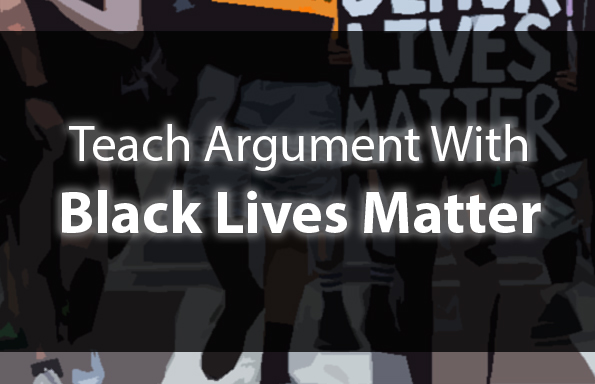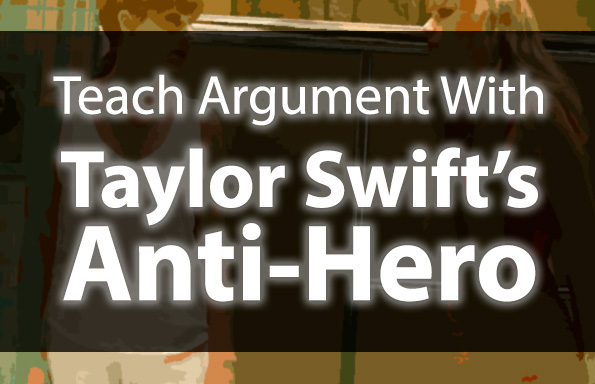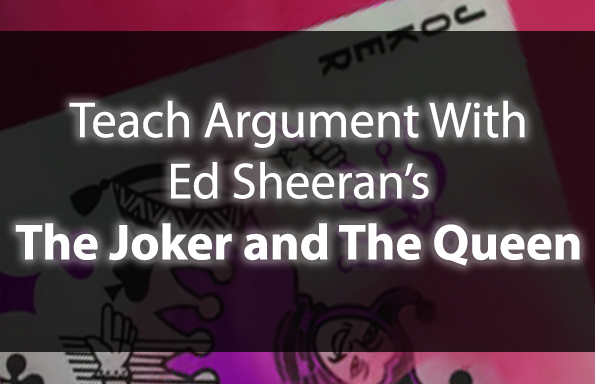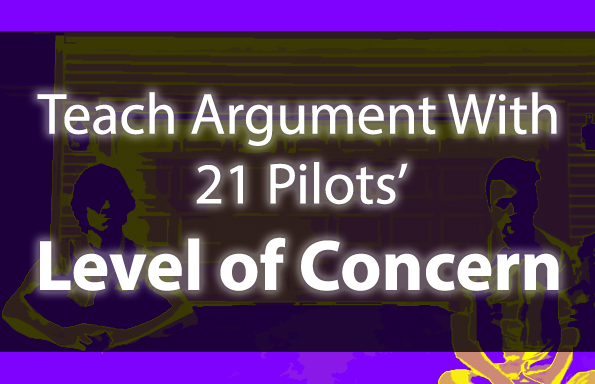To receive free and awesome lesson plans in your email all year long, click here! If you’d like to pay with a PO, request a quote here!
The Black Lives Matter movement provides us with a rich opportunity to analyze the power of rhetoric and language in some of its most authentic, current, and powerful forms. How do these three words inspire, invigorate, and unite masses across the nation and the world? How do they inspire, invigorate, and unite counter protests with just as much force? How does language rule the world…?
Grab this lesson now for just $4.99 — or, join the TeachArgument Community to gain instant access to this and ALL of our resources!
Lesson Description
Wondering what you can expect to find in this lesson? Look no further.
- The “core” of this lesson is a guided rhetorical analysis that spans six pages. These pages contain a series of questions about the specific language used by “Black Lives Matter,” by counter protests (such as “Blue Lives Matter” and “All Lives Matter”), by related protests (such as “Defund the Police”), and on all of the intersections in between.
- This lesson also contains two visual rhetoric activities — the first being a close reading and analysis of visual rhetoric pertaining to the Black Lives Matter and Blue Lives Matter protests… the second being a comparative visual analysis between Black Lives Matter protest signage and 1960s era civil rights protest signage.
A little language goes a long way in unifying, dividing, and invigorating masses of human beings. The focus of this lesson is to unpack that language, and to understand how — from a rhetorical standpoint — the humans on either side of these arguments may be receiving them, interpreting them, and deploying them.
Given the emails that we often receive when posting lessons that can be perceived as political, it bears repeating that the purpose of this lesson is not to indoctrinate students into any kind of ideology, nor is it to inspire students to participate in any of the movements discussed. Rather, it is to educate our students, to empower them to be critical consumers of media and arbiters of rhetoric. It is our moral imperative, as it is yours, to GROW THEIR MINDS!
Grab this lesson now for just $4.99 — or, join the TeachArgument Community to gain instant access to this and ALL of our resources!
Lesson Features
| Focus | Close Reading, Rhetorical Analysis, Visual Rhetoric |
| Grades | 9-12 |




